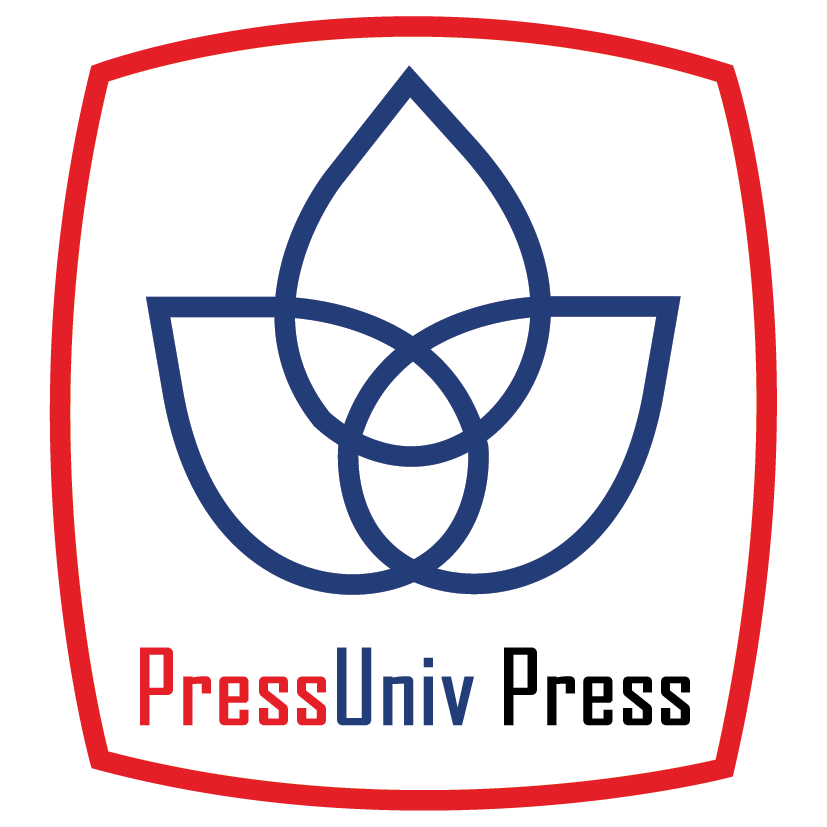Phytoremediation Method Ability To Purify Indoor Air Pollution
Abstract
Keywords
Full Text:
PDFReferences
P. Wolkoff, “Indoor air humidity, air quality, and health - An overview,” Int. J. Hyg. Environ. Health, vol. 221, no. 3, pp. 376–390, 2018.
Y. Yang, Y. Su, and S. Zhao, “An efficient plant–microbe phytoremediation method to remove formaldehyde from air,” Environ. Chem. Lett., vol. 18, no. 1, pp. 197–206, 2020.
T. Pettit, P. J. Irga, and F. R. Torpy, “Towards practical indoor air phytoremediation: A review,” Chemosphere, vol. 208, pp. 960–974, 2018.
P. J. Irga, T. J. Pettit, and F. R. Torpy, “The phytoremediation of indoor air pollution: a review on the technology development from the potted plant through to functional green wall biofilters,” Rev. Environ. Sci. Biotechnol., vol. 17, no. 2, pp. 395–415, 2018.
G. A. B. Sukono, F. R. Hikmawan, E. Evitasari, and D. Satriawan, “Mekanisme Fitoremediasi: Review,” Jurnal Pengendalian Pencemaran Lingkungan (JPPL), vol. 2, no. 2, pp. 40–47, 2020.
X. Zhang, L. Luo, and M. Skitmore, “Household carbon emission research: an analytical review of measurement, influencing factors and mitigation prospects,” J. Clean. Prod., vol. 103, pp. 873–883, 2015.
S. W. Gawronski, H. Gawronska, S. Lomnicki, A. Sæbo, and J. Vangronsveld, “Plants in Air Phytoremediation,” in Phytoremediation, Elsevier, 2017, pp. 319–346.
B. X. Y. Lee, T. Hadibarata, and A. Yuniarto, “Phytoremediation mechanisms in air pollution control: A review,” Water Air Soil Pollut., vol. 231, no. 8, 2020.
G. Liu et al., “A review of air filtration technologies for sustainable and healthy building ventilation,” Sustain. Cities Soc., vol. 32, pp. 375–396, 2017.
K. J. Kim, C. C. Shagol, F. R. Torpy, T. Pettit, and P. J. Irga, “Plant physiological mechanisms of air treatment,” in From Biofiltration to Promising Options in Gaseous Fluxes Biotreatment, Elsevier, 2020, pp. 219–244.
K. J. Kim et al., “Phytoremediation of volatile organic compounds by indoor plants: a review,” Hortic. Environ. Biotechnol., vol. 59, no. 2, pp. 143–157, 2018.
P. J. Irga, T. Pettit, R. F. Irga, N. J. Paull, A. N. J. Douglas, and F. R. Torpy, “Does plant species selection in functional active green walls influence VOC phytoremediation efficiency?,” Environ. Sci. Pollut. Res. Int., vol. 26, no. 13, pp. 12851–12858, 2019.
N. J. Paull, P. J. Irga, and F. R. Torpy, “Active botanical biofiltration of air pollutants using Australian native plants,” Air Qual. Atmos. Health, vol. 12, no. 12, pp. 1427–1439, 2019.
S. Bandehali, T. Miri, H. Onyeaka, and P. Kumar, “Current state of indoor air phytoremediation using potted plants and green walls,” Atmosphere (Basel), vol. 12, no. 4, p. 473, 2021.
R. Fleck, T. J. Pettit, A. N. J. Douglas, P. J. Irga, and F. R. Torpy, “Botanical biofiltration for reducing indoor air pollution,” in Bio-Based Materials and Biotechnologies for Eco-Efficient Construction, Elsevier, 2020, pp. 305–327.
DOI: http://dx.doi.org/10.33021/jenv.v7i2.3495
Copyright (c) 2022 Gita Cemara, Jasmine Wardiningsih, Stepalin Yunipahothon, Temmy Wikaningrum

This work is licensed under a Creative Commons Attribution-ShareAlike 4.0 International License.
Journal of Environmental Engineering and Waste Management Published by PresUniv Press, in collaboration with IESA and APIK Indonesia Network




